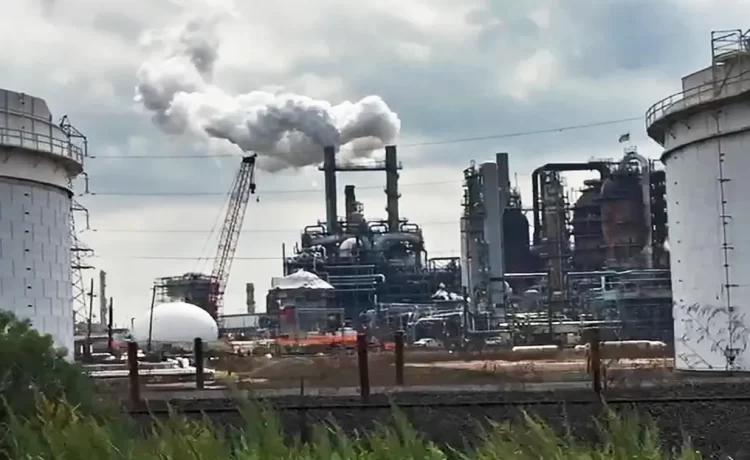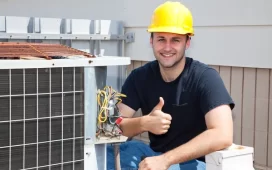New Jersey’s updated State-of-the-Art (SOTA) standards have changed the landscape for facilities that operate compression and spark ignition engines. These updates reflect a statewide effort to strengthen air pollution control measures and align with both federal and local air quality goals. Strict adherence to this new regulation is essential for successful air permit renewals.
The latest changes affect a wide range of engines, including diesel-powered generators, biogas units, and gas-fueled compressors. With these updates, facilities must evaluate their existing setups against new emission thresholds for nitrogen oxides, carbon monoxide, and other pollutants. Failing to comply with these limits could prevent facilities from securing or renewing their air permits.
The updated SOTA also introduces stringent monitoring and reporting requirements. Facilities must now conduct periodic stack testing every five years. They must also implement continuous emission monitoring systems, particularly for larger engines or those with higher emissions. Aside from that, facilities are required to maintain detailed operational records, including engine run-time, fuel consumption, and maintenance logs. These records must be readily available for New Jersey Department of Environmental Protection (NJDEP) inspections and regulatory reviews.
Meeting these standards requires technical accuracy and internal coordination. This is where working with an experienced NJ air permit consultant becomes valuable. A consultant can identify compliance gaps, assist with permit applications, and verify that all monitoring and reporting requirements are fully met. Their expertise in interpreting the updated SOTA criteria can help facilities develop a compliance strategy that minimizes financial and operational risks.
Moreover, facilities must thoroughly assess their existing engine configurations to determine if upgrades or replacements are required to comply with the new standards. This evaluation process can be complex, as the emissions thresholds vary depending on the engine’s size, power output, and operational characteristics. An NJDEP permit compliance expert can guide this process and provide recommendations for cost-effective solutions that align with the latest regulations.
Working with a professional air permit consultant helps facilities avoid costly penalties and operational disruptions while staying ahead of the latest regulatory updates. A well-developed air permit strategy will support facilities in maintaining compliance with NJDEP requirements and contribute to the continued improvement of the state’s air quality.
To learn more about compliance with the new SOTA standards, check out this infographic by Lockatong Engineering.








